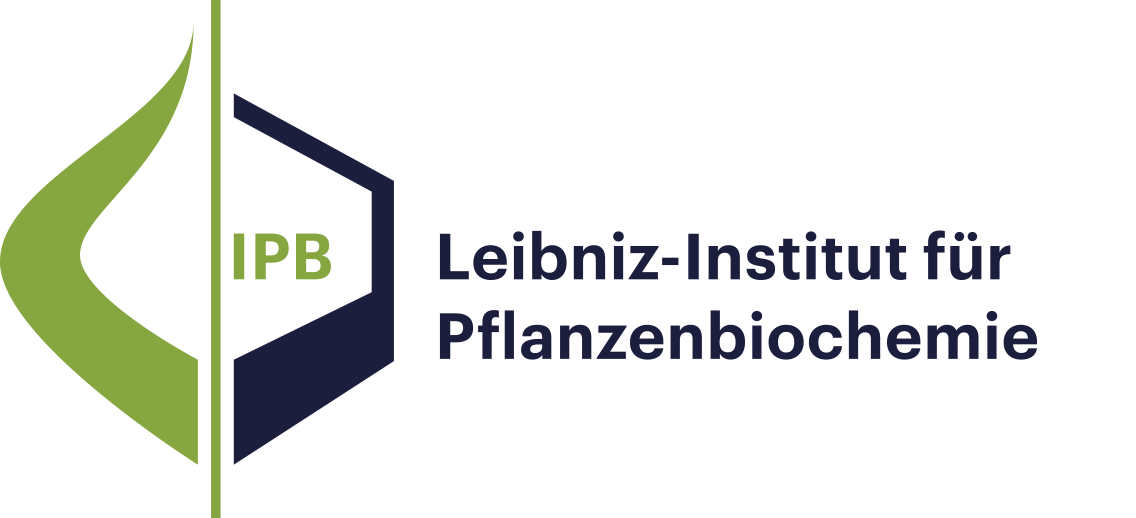- Ergebnisse als:
- Druckansicht
- Endnote (RIS)
- BibTeX
- Tabelle: CSV | HTML
Publikation
Leitbild und Forschungsprofil
Molekulare Signalverarbeitung
Natur- und Wirkstoffchemie
Biochemie pflanzlicher Interaktionen
Stoffwechsel- und Zellbiologie
Unabhängige Nachwuchsgruppen
Program Center MetaCom
Publikationen
Gute Wissenschaftliche Praxis
Forschungsförderung
Netzwerke und Verbundprojekte
Symposien und Kolloquien
Alumni-Forschungsgruppen
Publikationen
Publikation
Coffea arabica is susceptible to several pests and diseases, some of which affect the leaves and roots. Systemic acquired resistance (SAR) is the main defence mechanism activated in plants in response to pathogen attack. Here, we report the effects of benzo(1,2,3)thiadiazole-7-carbothioic acid-s-methyl ester (BTH), a SAR chemical inducer, on the expression profile of C. arabica. Two cDNA libraries were constructed from the mRNA isolated from leaves and embryonic roots to create 1587 nonredundant expressed sequence tags (ESTs). We developed a cDNA microarray containing 1506 ESTs from the leaves and embryonic roots, and 48 NBS-LRR (nucleotide-binding site leucine-rich repeat) gene fragments derived from 2 specific genomic libraries. Competitive hybridization between untreated and BTH-treated leaves resulted in 55 genes that were significantly overexpressed and 16 genes that were significantly underexpressed. In the roots, 37 and 42 genes were over and underexpressed, respectively. A general shift in metabolism from housekeeping to defence occurred in the leaves and roots after BTH treatment. We observed a systemic increase in pathogenesis-related protein synthesis, in the oxidative burst, and in the cell wall strengthening processes. Moreover, responses in the roots and leaves varied significantly.

